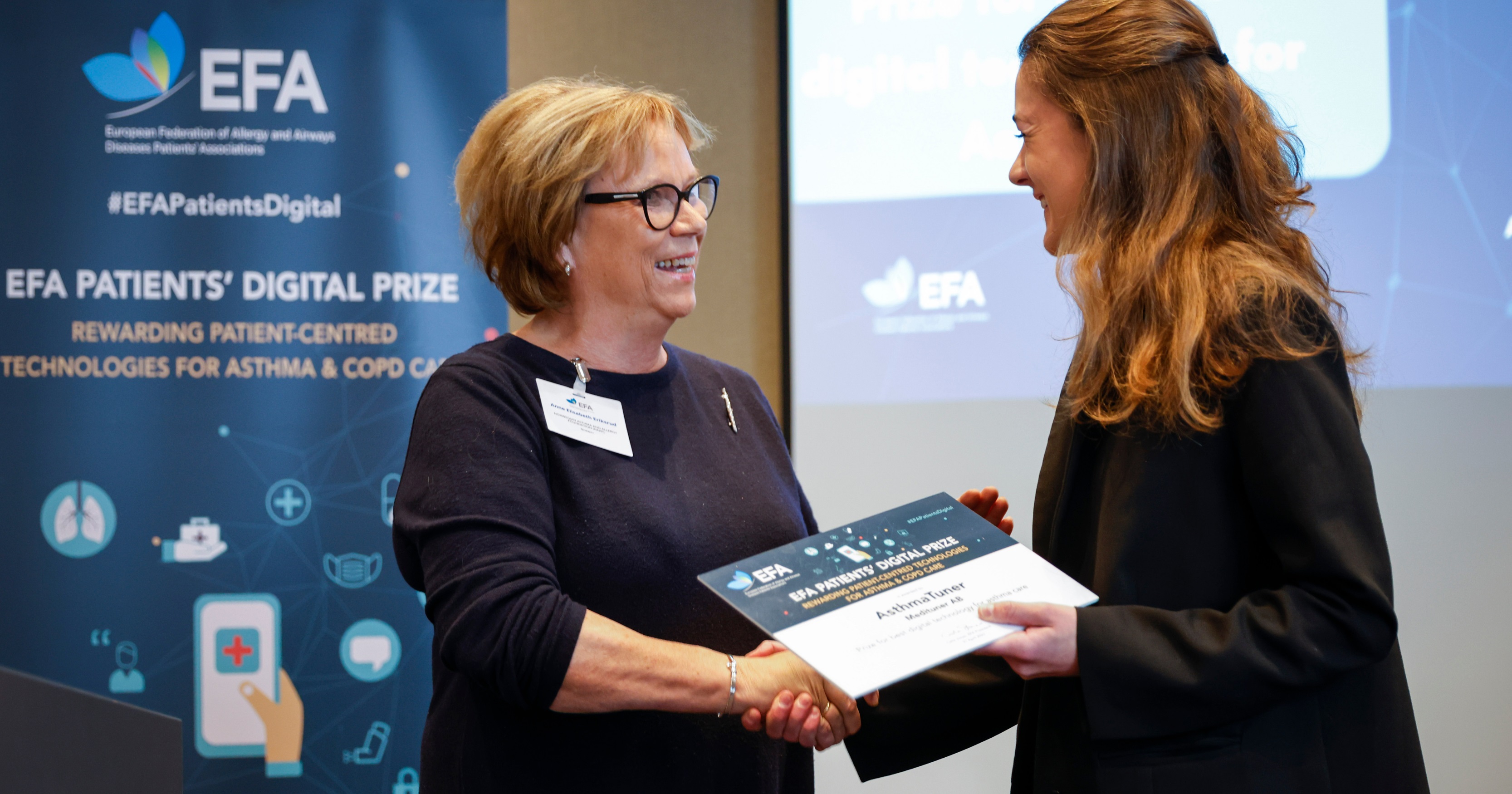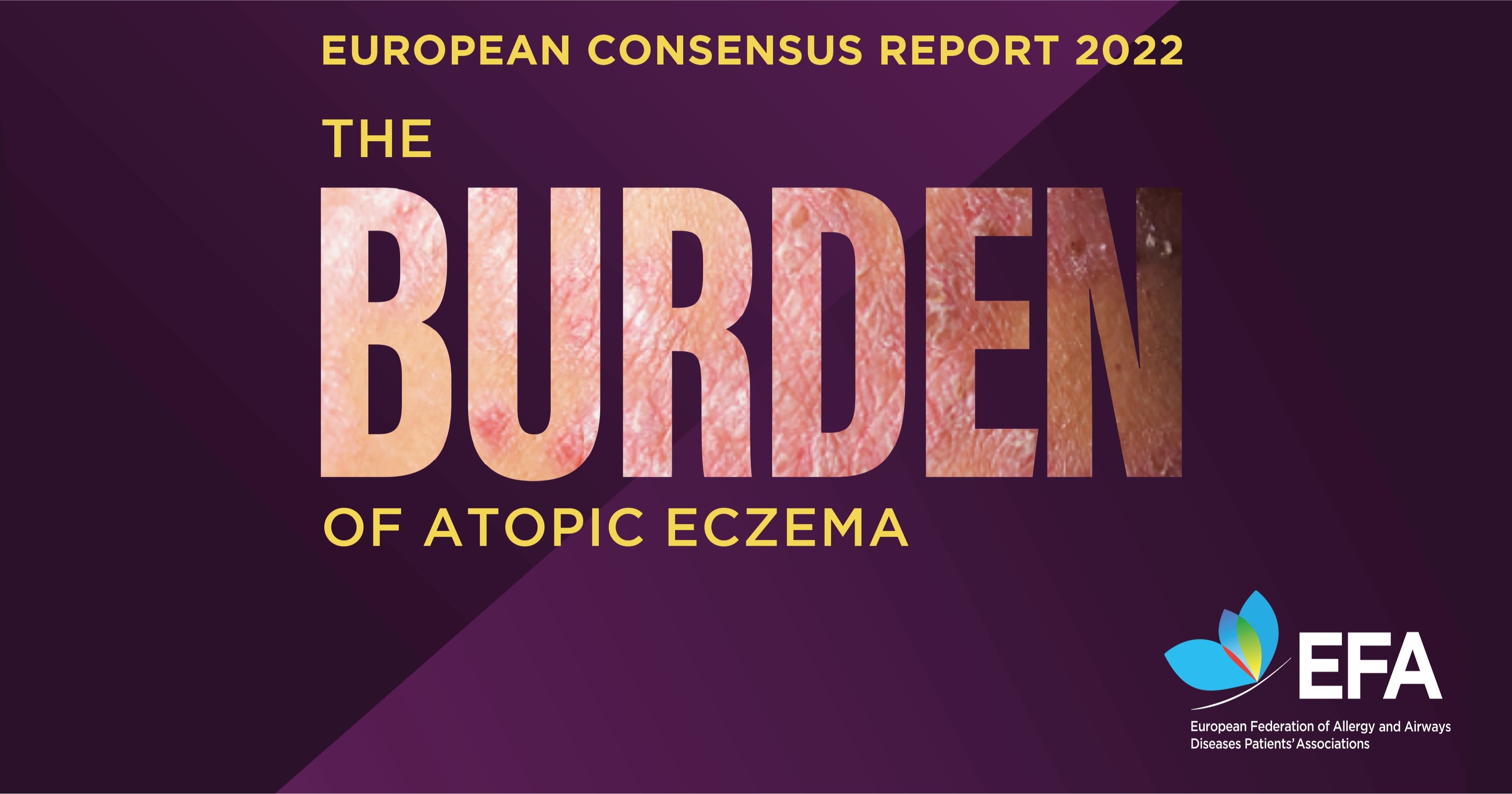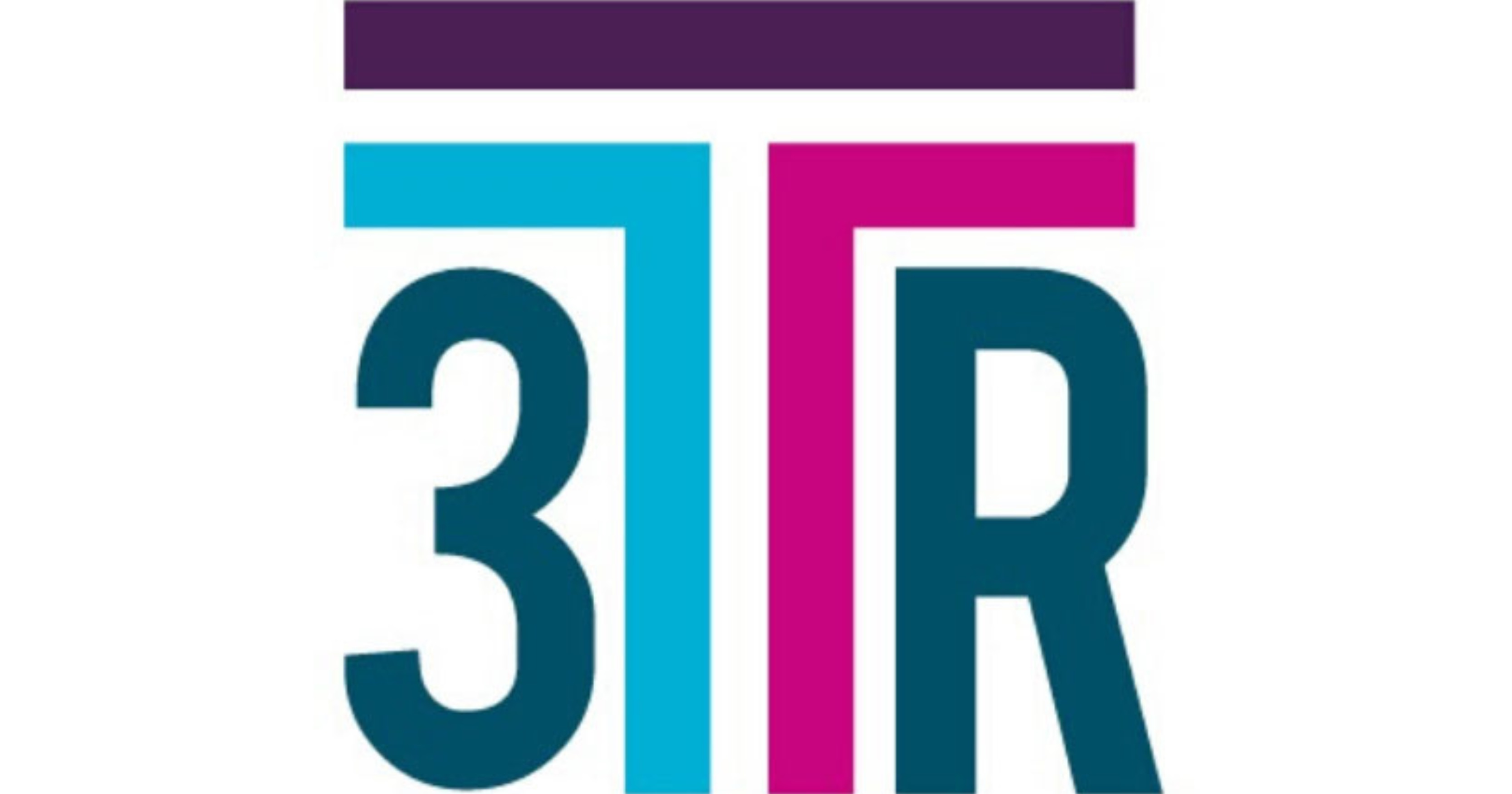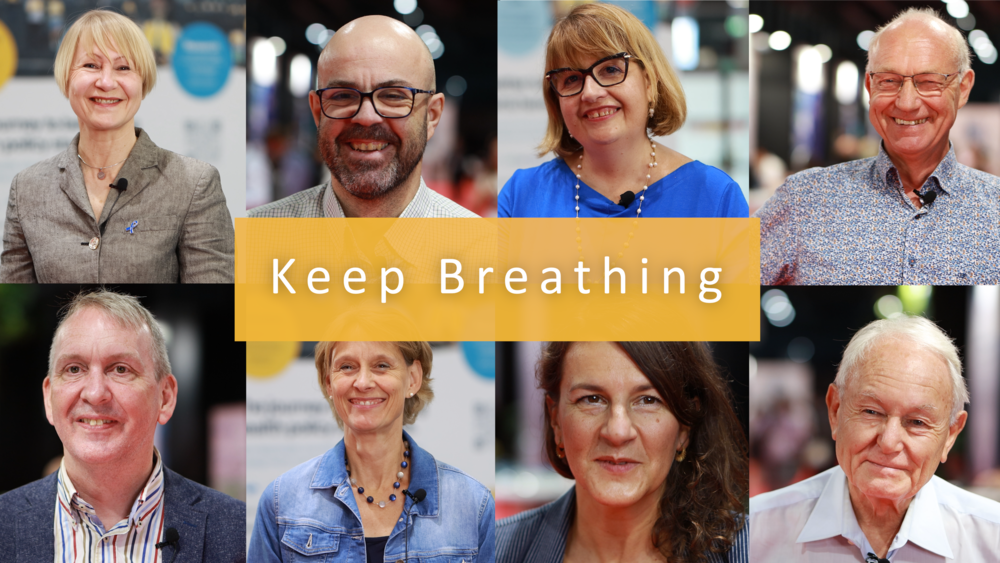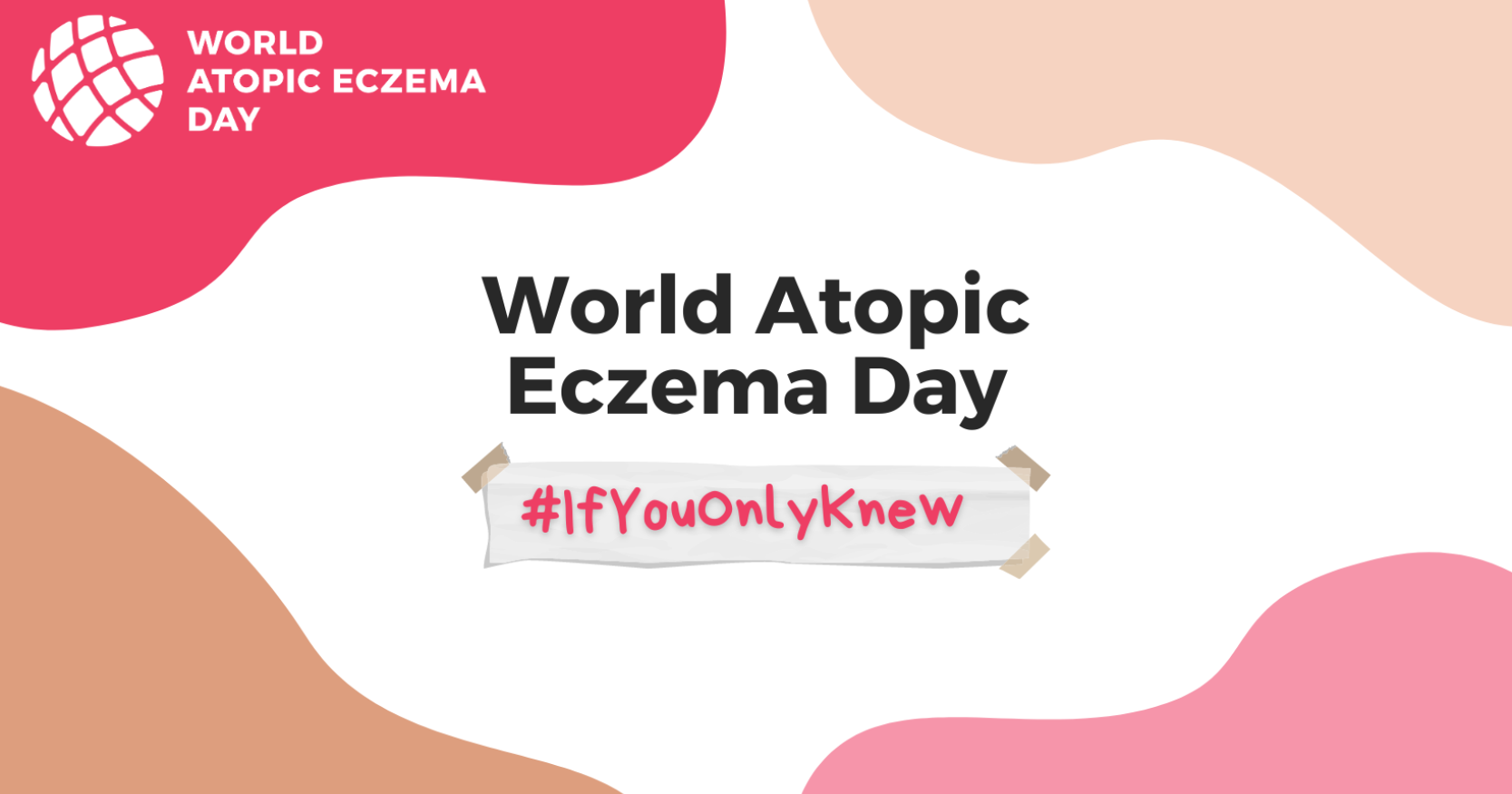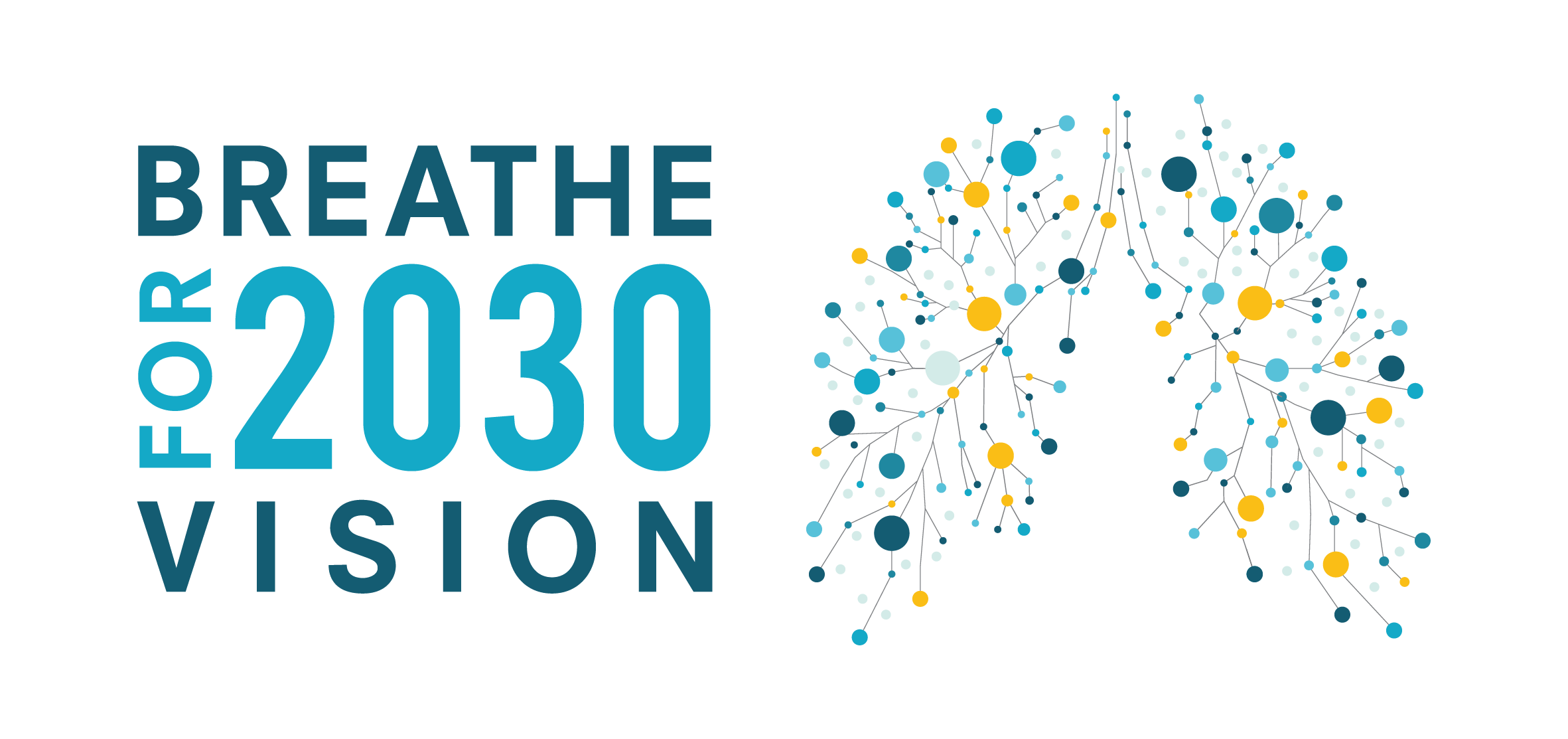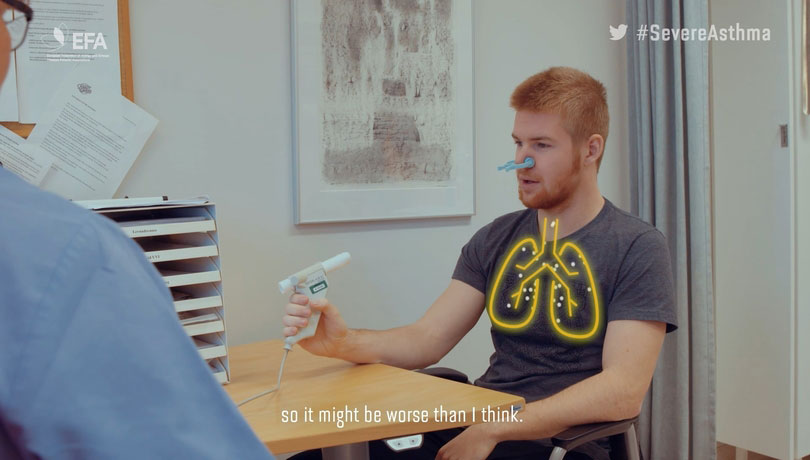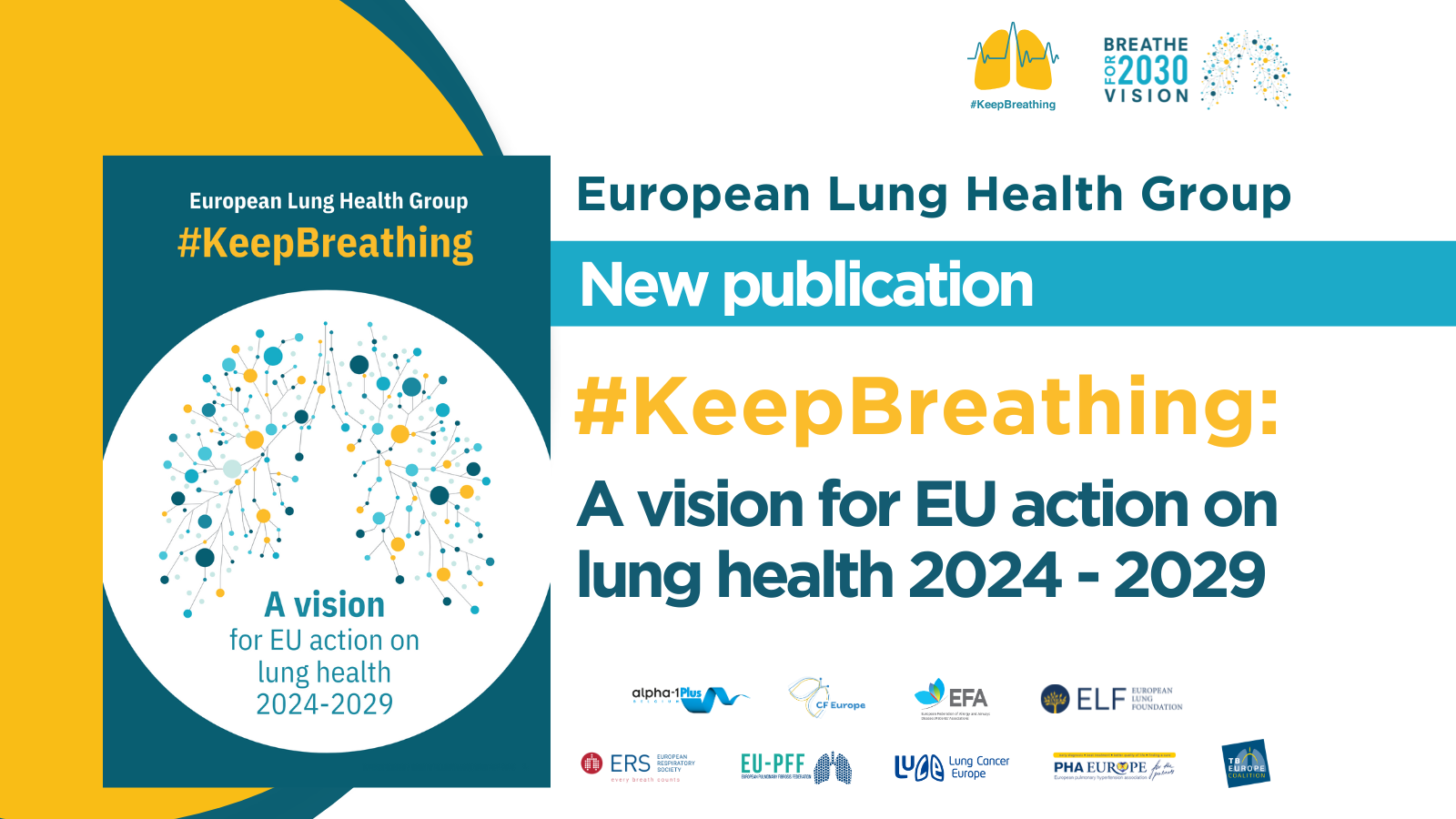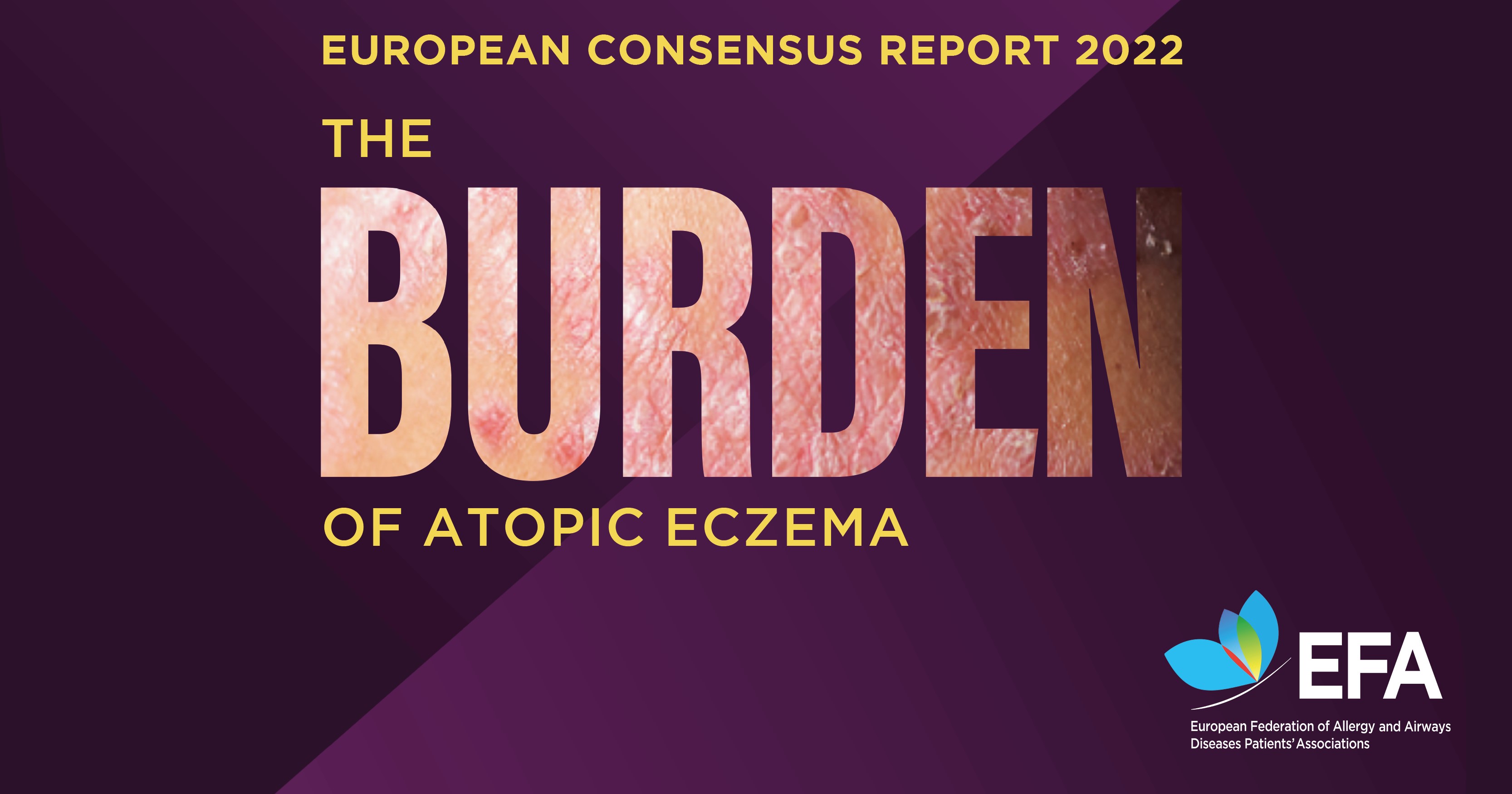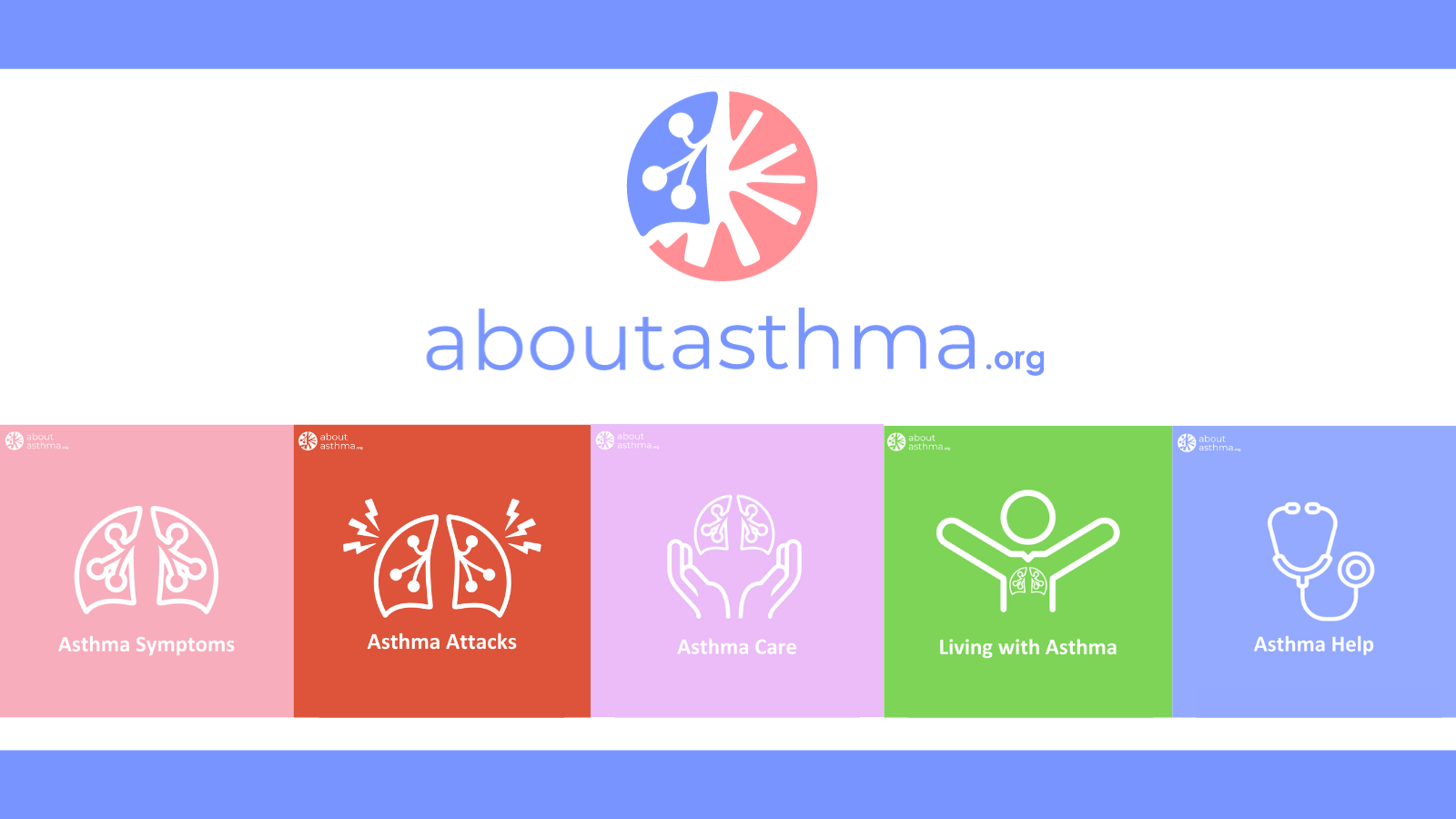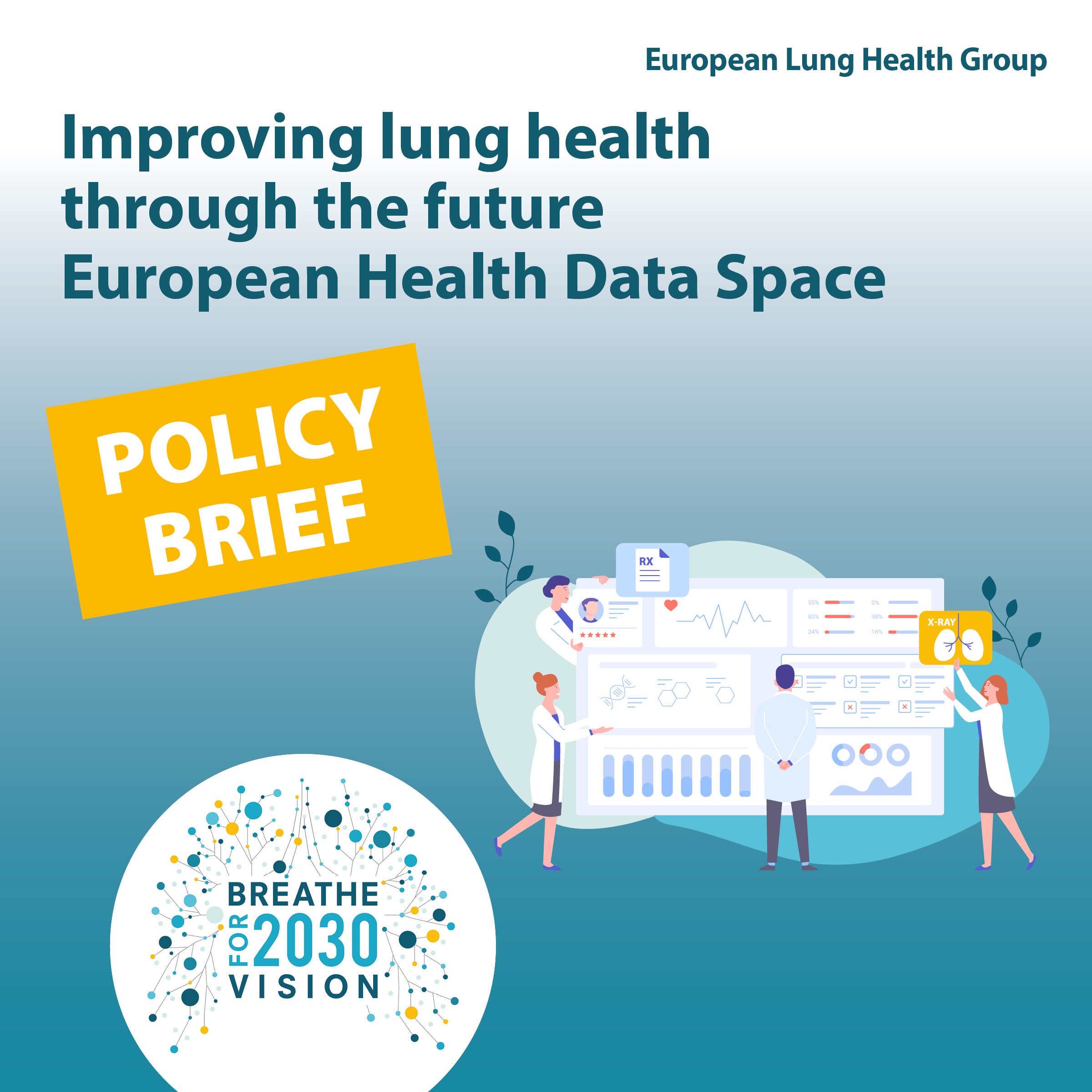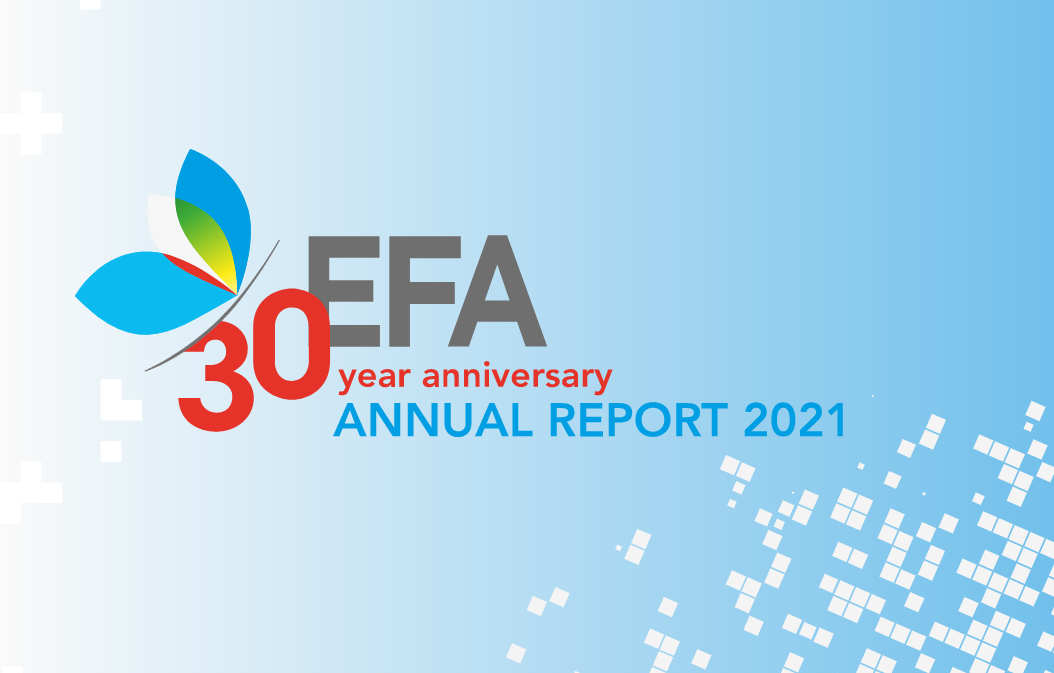EFA met with French member FFAAIR (French Federation of people with respiratory diseases) on the 15th November in Paris. The objective of this reencounter was to follow-up with the Capacity Building session that took place in 2016. After one year, many improvements have been achieved and the goal now was to analyze more in depth some aspects which FFAARI considers crucial for the development of their organisation.
In particular, communications seems to be one of the biggest challenges: sometimes, despite relevant efforts, the recognition from the general public and the visibility are still low. To understand how to improve this aspect, EFA Communication Manager Isabel Proaño engaged in a dialogue with Sophie Dumery, a professional journalist from France. Isabel explained that all communication activities need to be embedded in a broader communication strategy and defined by objectives, messages and audiences. On the other hand Sophie provided tips for reaching any single individual in all external communication.
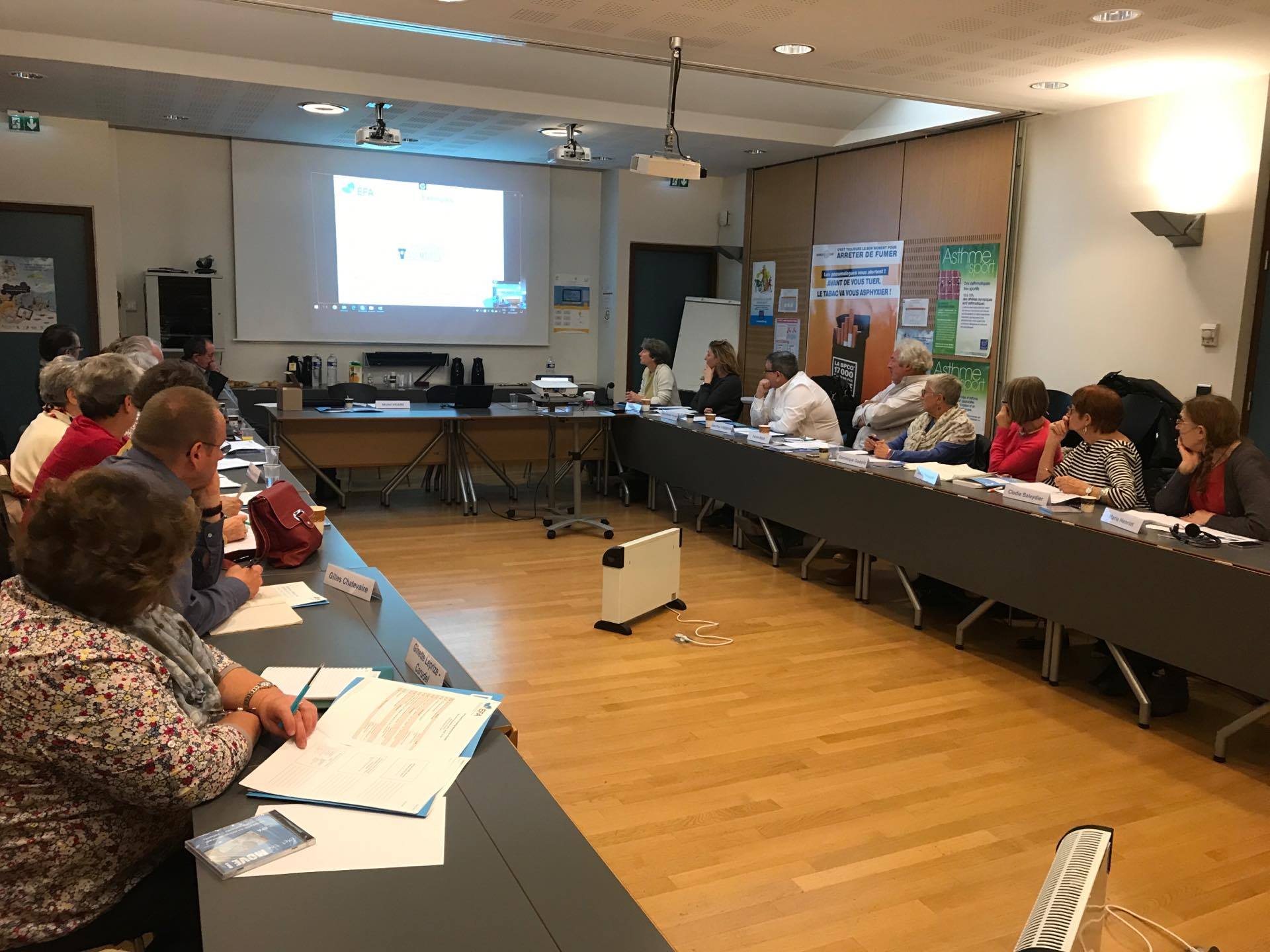
But not only external communications are important to patient groups: very often it is difficult for patients to establish a good communication with their doctors, which might jeopardise the care pathways and the adherence to treatment. Joelle Parraudin, psychologist, explained that a relation patient-doctor should be based on the main principle of any relationship between people: context, content and dialogue. To facilitate this dialogue a patient should always be in time and get well prepared to his appointment with the doctor, including the preparation of some key questions, and should have a positive attitude towards the doctor, in order to establish a democratic environment
The second part of the day was reserved to the exchange of experiences and best practices, starting from actions for promoting physical activity, such as EFA COPD MOVE and the activities of the organisation Calais Respire, studies and initiative against tobacco, and training opportunities for becoming a patient expert, such as the European programme EUPATI presented by two patients Claudie Baleydier and Dominique Hamrlijnck.
But capacity building must be a constant in order to continue improving and growing as organisation. That is why it is planned that there will be another session on January 2018.
